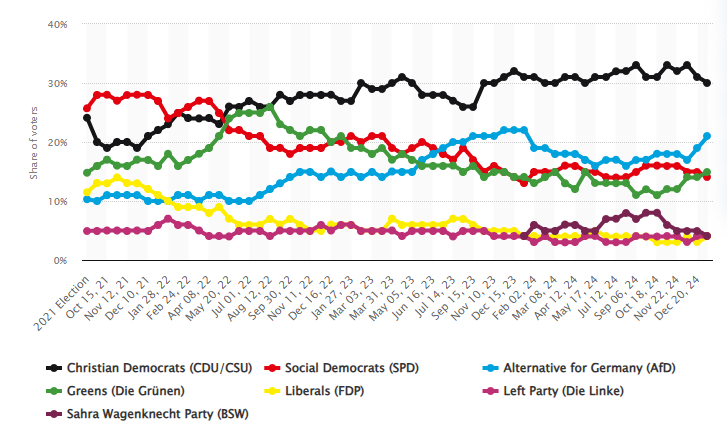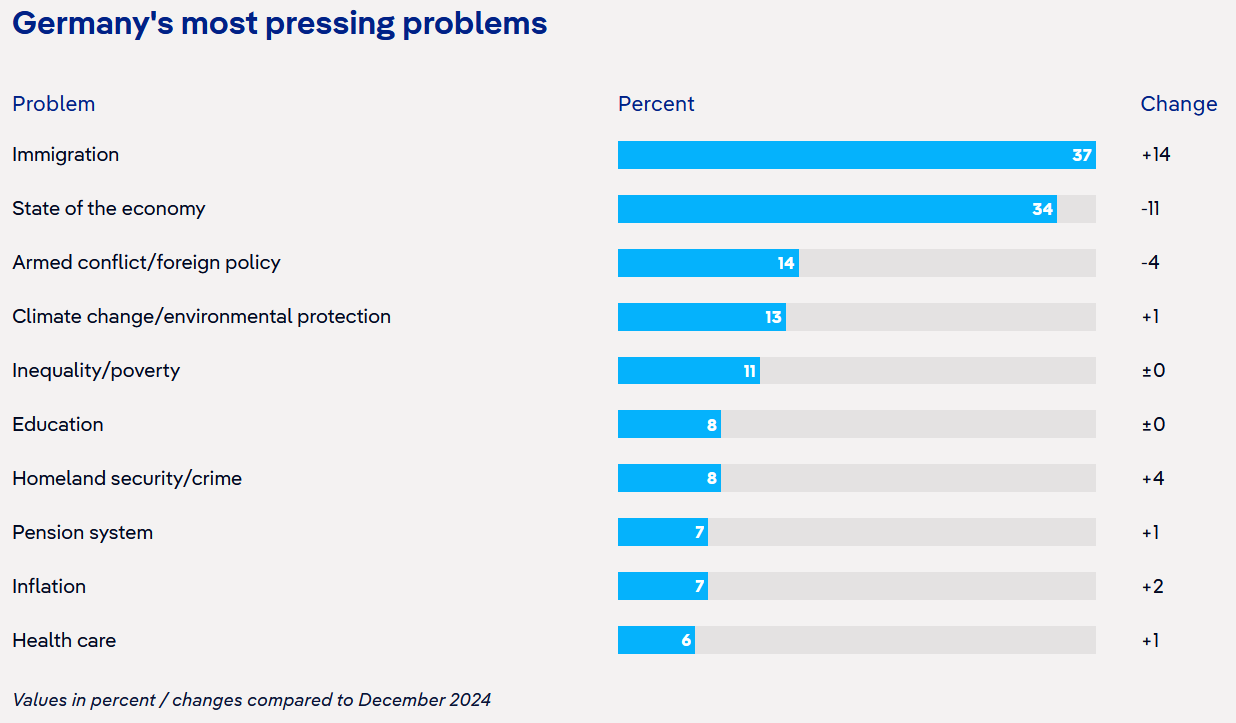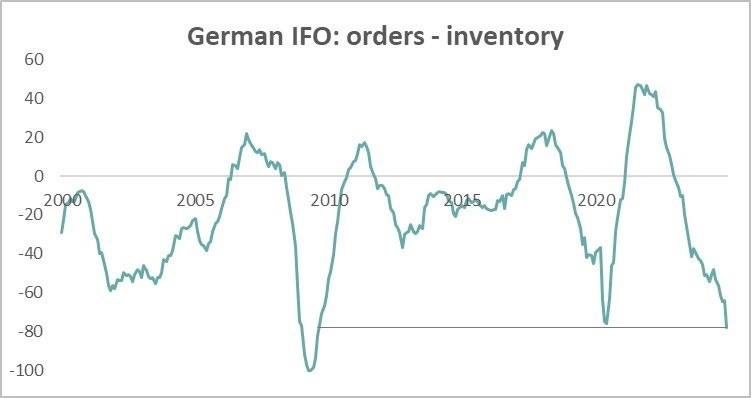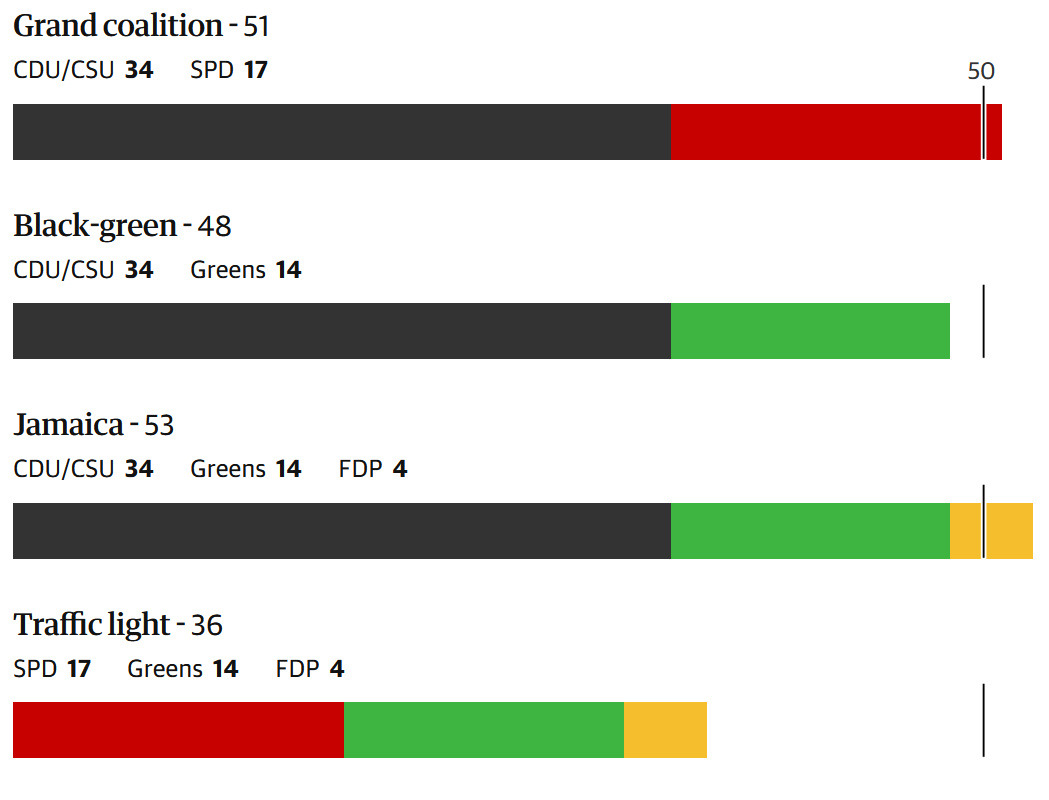German voters will head to the polls next month as Europe’s largest economy confronts immigration challenges, economic stagnation and the Ukraine war.
Chancellor Olaf Scholz's so-called "traffic light" coalition collapsed in late 2024, triggered by disagreements about economic policy and debt management. Economic growth and debt limits will be top priorities for the parties that win the election on February 23.
Scholz, seeking reelection for the Social Democrat Party (SPD), faces an uphill battle against Friedrich Merz, whose Christian Democratic Union (CDU) and Christian Social Union (CSU) lead in the polls. No political party is expected to secure a majority in the vote.
"Germany is hurtling towards an unexpected election," Mikaela Lui wrote for the Sydney-based Lowy Institute on Wednesday. "Immigration is the major battleground but with a war in Europe and political challenges across the Atlantic, the February poll has sharp consequences. How the major parties…plan to tackle these issues sheds light on the broad geopolitical outlook and Germany's role in it for 2025 and beyond."

Greens, AfD Provide German Voters with Different Agendas
Vice Chancellor Robert Habeck of the Greens and Alice Weidel of the far-right Alternative for Germany (AfD) present contrasting visions. While the Greens focus on infrastructure and housing problems, Weidel wants to reverse climate-friendly policies and severely reduce migration.
Sahra Wagenknecht's newly formed Sahra Wagenknecht Alliance (BSW), which split from The Left, has emerged as a wildcard. This is particularly true in eastern Germany, where left-conservative policies favor limiting migration. However, Wagenknecht seeks to maintain social welfare.
At the same time, the pro-business Free Democratic Party (FDP), led by the former Finance Minister Christian Lindner, faces dwindling support, raising questions about its influence in the next Bundestag.
German voters head to the polls as the country faces strong headwinds. The International Monetary Fund cut its outlook for German economic growth to just 0.3% in 2025, the lowest of among the world's 30 leading economies.
Immigration Is Most Important Issue for German Voters
For voters, though, immigration is the most pressing problem, according to polls. As many as 37% of people recently polled by broadcaster Deutsche Welle pointed to immigration as their most pressing concern, followed by the economy and foreign policy.

The SPD and Greens have argued for a more balanced immigration approach, including fair asylum distribution across Europe. Public dissatisfaction with current policies has fueled support for Weidel's AfD, which campaigns on anti-immigration platforms.
Weidel, often compared to Italy's Giorgia Meloni or France's Marine Le Pen, has supported the remigration of some migrants. Tech billionaire Elon Musk backed Weidel on January 9 as the candidate people "really need to get behind."
"If it’s going to be called remigration, then that’s what it’s going to be: remigration,” she said during a public speech in Riesa on January 11.
Meanwhile, the poll-leading CDU/CSU has supported a tighter asylum policy and a virtual freeze on asylum admissions at the border. This approach would be difficult to implement due to the Geneva Convention, which requires examining asylum applicants once they're on European soil. The parties have also proposed abolishing subsidiary protection for asylum seekers.
Lethargic Economic Growth Needs Turnaround
Potential trade tensions with the United States under President-elect Donald Trump and ongoing geopolitical tensions affecting energy markets have also weighed on the German economy. Bundesbank predicts 2025 growth to settle at a mere 0.2%, although Trump's tariffs risk further contraction.
To turn the economy around, Friedrich Merz's CDU/CSU has proposed tax cuts and incentives to stimulate private investment. Scholz's SPD advocates for public-private initiatives like a "Germany fund" to finance infrastructure and green energy projects.
Meanwhile, the Greens push wealth redistribution to fund education and sustainability efforts. Weidel has expressed AfD's commitment to increase energy supply diversification to spur economic growth.
Respondents in DW's poll overwhelmingly favored the introduction of tax-free bonuses for overtime labor (78%) and hiking the minimum wage to €15 per hour (67%). One in two respondents favor subsidies for the purchase of German-made electric vehicles.
Automotive Stabilization, Residential Construction Weakness
Germany's automotive industry, which employs almost half a million workers, may help stabilize the economy. Volkswagen reached an agreement with its IG Metall union, avoiding job cuts and diffusing unrest across the country ahead of the election.
The largest global car manufacturer by volume won't close any of its 10 domestic production plants, guaranteeing its workers jobs until the end of 2030. In exchange, the union will forfeit a wage increase until 2031.
"No site will be closed, no one will be made redundant and our company wage agreement will be secured for the long term," Daniela Cavallo, the head of the works council, said.
Still, one of the persisting issues for wages in the construction sector. The latest Ifo Institute report found that 53.6% of residential construction companies see a lack of orders.

"The structural problems in residential construction still remain," said Klaus Wohlrabe, Head of Surveys. "The new German government faces major challenges in creating urgently needed living space."
German Voters Oppose Reviving Economic Ties with Russia
Germany's role in the Ukraine conflict is another defining issue. Polls have shown that 61% of the people oppose reviving German-Russian economic relations and lifting sanctions imposed following the invasion of Ukraine.
As Europe's leading military supporter of Ukraine, Germany has faced praise and criticism for its cautious approach under Scholz. While the US, the UK, and France have supplied similar longer-range weapons, Scholz refused to supply Taurus cruise missiles.
Still, the CDU/CSU and Greens advocate a more proactive stance, including deeper cooperation with NATO allies. “Ukraine also defends us,” their manifesto reads. “If Ukraine falls, there is the threat of an attack on another EU country.”
Merz publicly declared a willingness to supply missiles, but only in consultation with European NATO partners.
AfD Shows German Voters Dissatisfaction with Parties
The rise of AfD has demonstrated voter dissatisfaction with traditional parties. A historic success of the far-right Freedom Party in Austria leaves the AfD party leadership optimistic ahead of February.
"It is part of a tectonic shift in western democracies," Andreas Rödder, a historian at the Johannes Gutenberg University of Mainz, said. "The pendulum is moving towards the right and this is what the AfD has connected itself to."
However, it is going to be difficult for AfD to form a coalition if it wins. The Guardian recently examined coalition possibilities, noting that two major center-left and center-right parties have already formed coalitions.

The CDU/CSU's lead suggests a likely return to conservatism, but partnerships with either the SPD or Greens may require compromises on key issues like taxation and climate policy. Yet, if Scholz's SPD defies expectations, another progressive coalition may take shape.
Disclaimer:
Any opinions expressed in this article are not to be considered investment advice and are solely those of the authors. European Capital Insights is not responsible for any financial decisions made based on the contents of this article. Readers may use this article for information and educational purposes only.
This article is from an unpaid external contributor. It does not represent Benzinga’s reporting and has not been edited for content or accuracy.
© 2025 Benzinga.com. Benzinga does not provide investment advice. All rights reserved.
Trade confidently with insights and alerts from analyst ratings, free reports and breaking news that affects the stocks you care about.